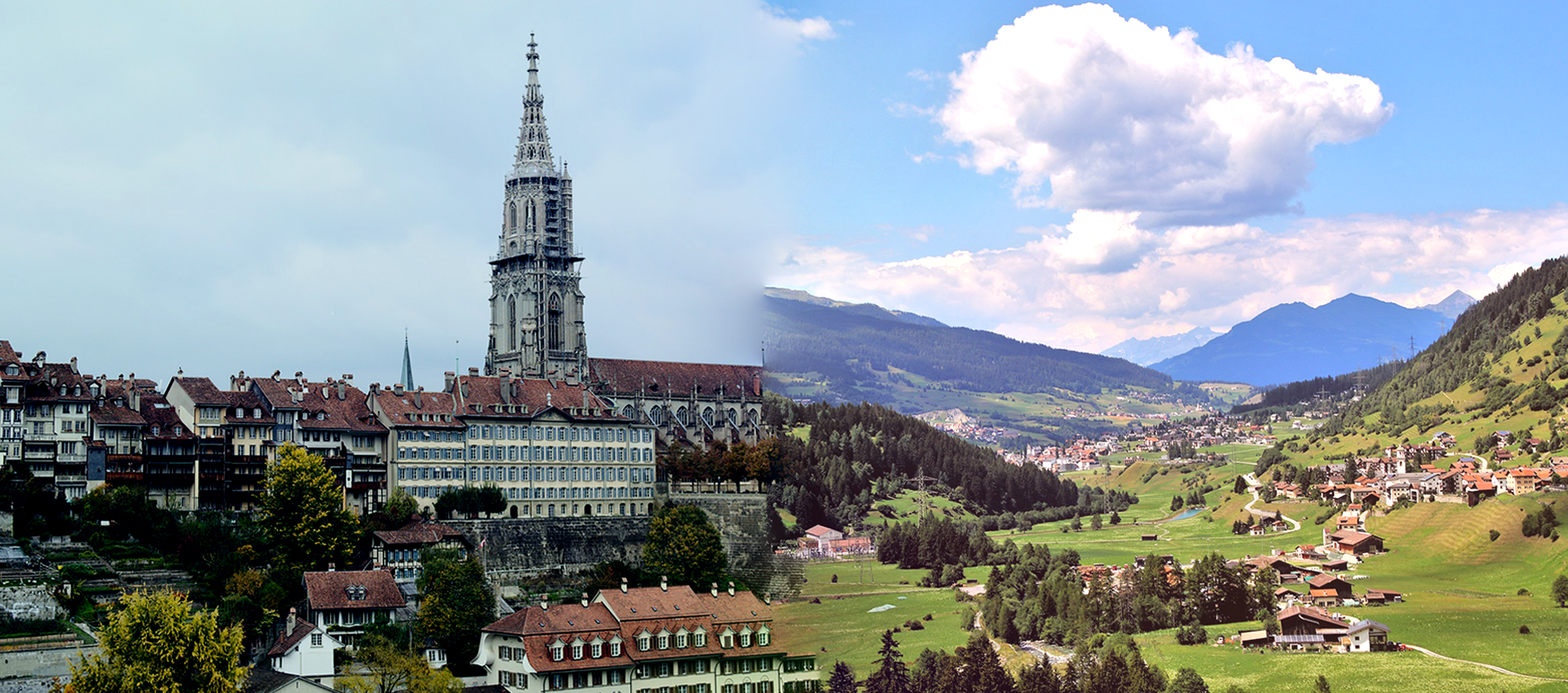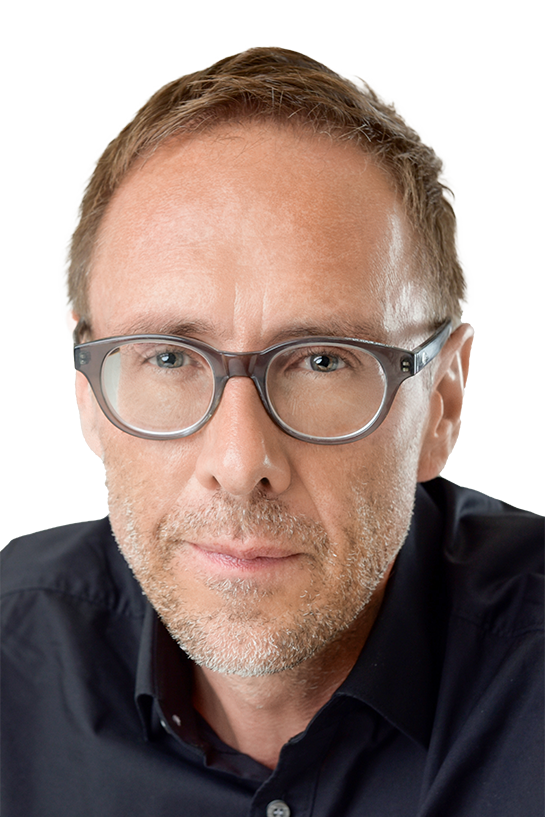The Institute of Political Science
The Institute of Political Science is one of the foremost political science institutions in Switzerland and is a leader in Europe according to the CHE Excellence ranking. We are home to excellent basic research and commissioned research with real-world relevance. The core messages of both are components of the “Social Sciences” bachelor’s degree program as well as the “Political Science” and “Swiss Politics and Comparative Politics” master’s degree programs. Teaching and research are focused on Swiss politics, comparative political sciences, European politics and environmental politics as well as on hiring and behavioral research within the framework of political sociology. We also offer numerous services for the public, including the Année Politique Suisse and the Comparative Political Data Set. The department performs anthropological and paleopathological analyses and samples remains to perform radiocarbon dating, stable isotope and paleogenetic analyses in the laboratory. The resulting data is the basis for interdisciplinary studies of nutrition, mobility, disease burden, population genetics, and relationships of past populations.

